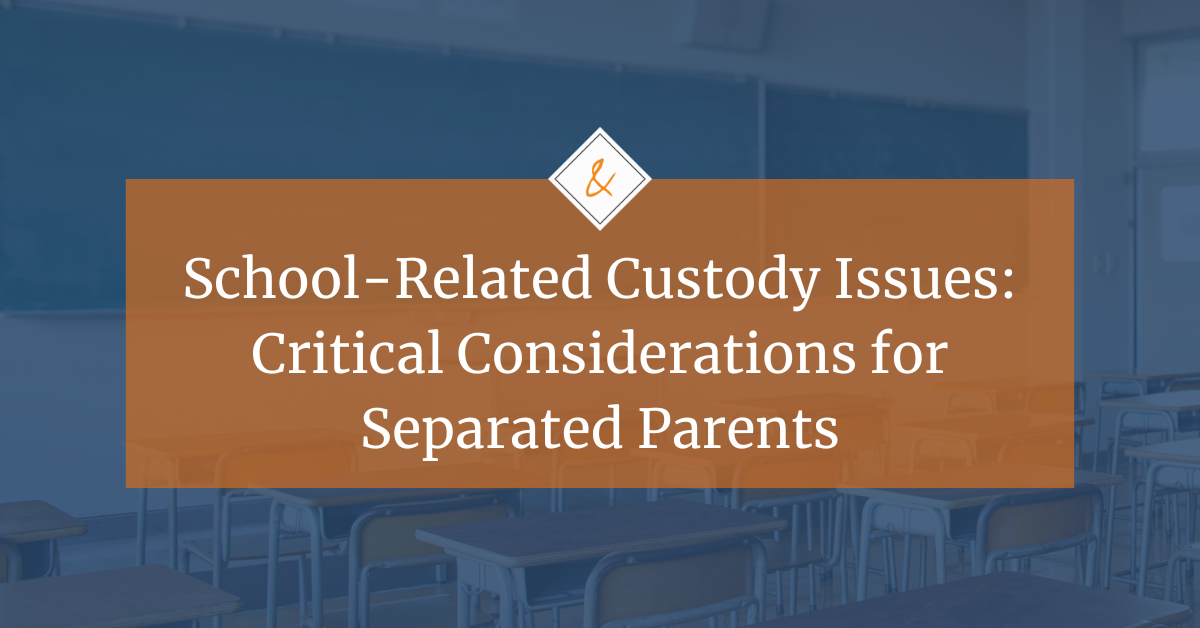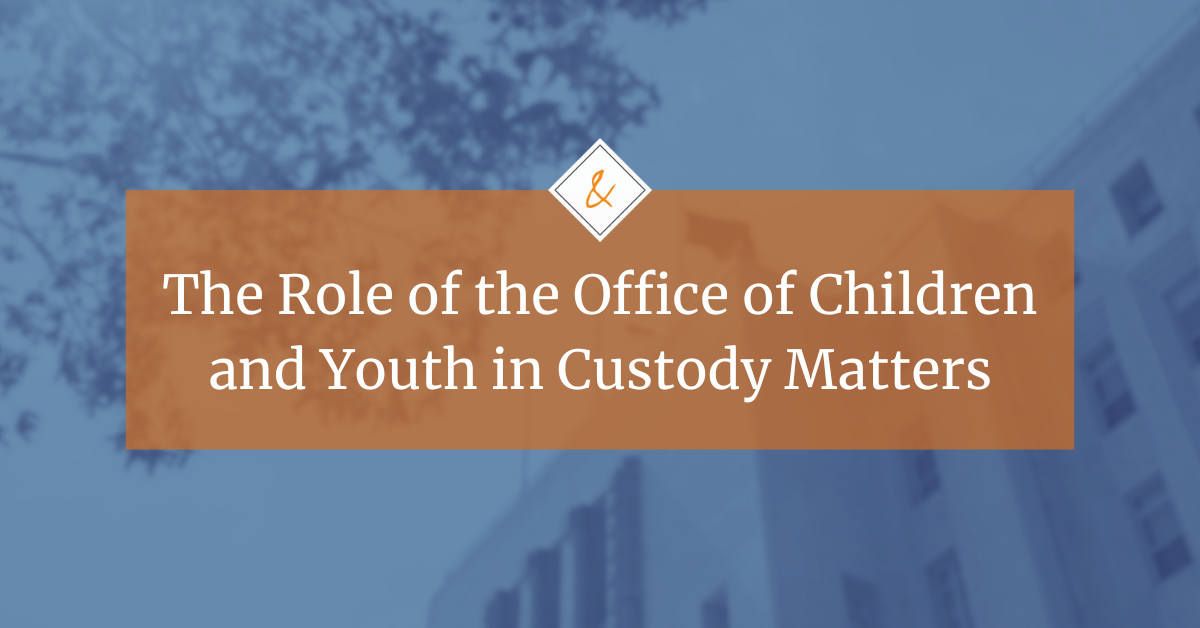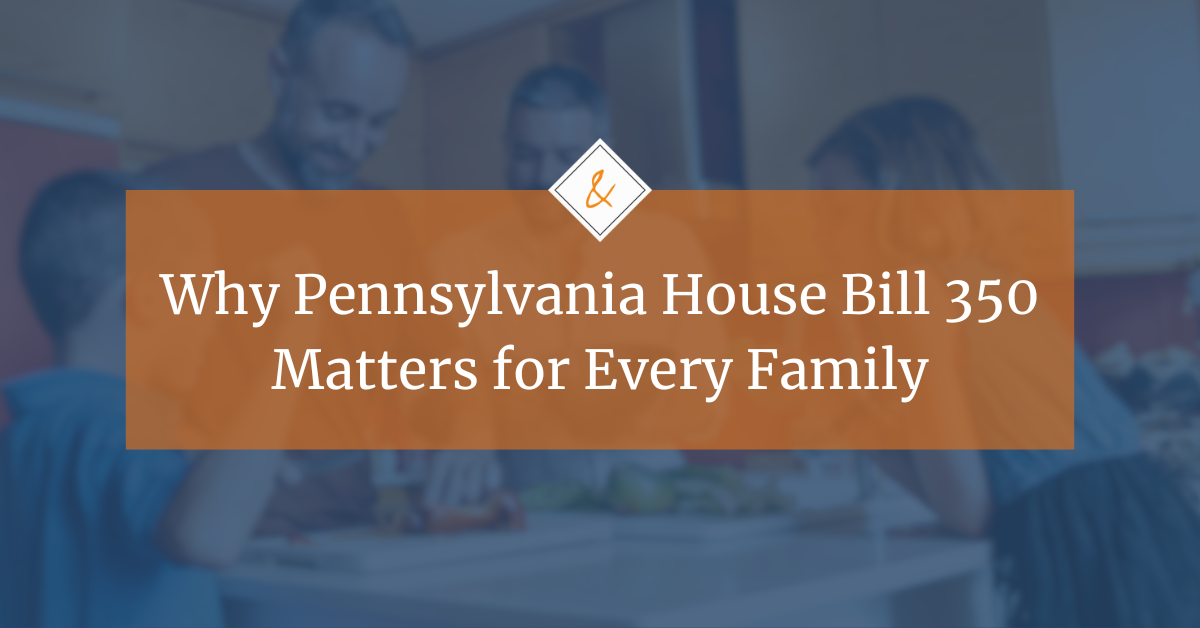Issues relating to children’s education arise frequently as parties navigate post-separation parenting, presenting complicated issues that can implicate both legal custody and support. In this blog post, we will dive into two frequently asked questions regarding education in the context of custody and support.
1. If the other parent and I can’t agree on where the child will go to school, what happens?
As an initial matter, the Pennsylvania Department of Education has promulgated regulations that entitle a child to attend “public schools of the child’s district of residence.” Where a child lives in two school district due to separation or divorce, the default is that the child attends school where the child reside a majority of the time – “unless a court order or court approved custody agreement specifies otherwise.” Where a child divides time equally between parents, “the parents may choose which of the two school districts the child will enroll for the school year.”
If coparents can’t agree—whether as between two public schools, or a public and private school (or alternate arrangement like homeschooling)–a parent can petition the court to determine which school the child should attend. As with any decision affecting the child, the court must determine which option will be in the child’s best interest. Courts consider a range of evidence, including available student performance data, opportunities available at each option, and any specific needs of the child that may make one option preferable to the other. In complex cases, an expert may conduct an educational evaluation, compare the options, and develop a report regarding the option that would be in the child’s best interests.
In sum, a child can attend any public school where that child resides – the school district of the parent exercising custody a majority of the time, or either school district in an equally shared physical custody scenario. But as the regulations illustrate, even where a parent does not exercise physical custody more than half the time, a child can still attend that parent’s school district if the court directs.
2. The kids went to private school before we separated – will the court require me (or the other parent) to keep paying?
The Rules governing support allow for private school tuition to be allocated between the parties through the support order, provided the expense is “reasonable under the parties’ circumstances.” The court can either order that the parties pay their share of the private school tuition directly to the school, or the court can order a party to pay his or her share directly to the parent paying the private school tuition.
Practically, that means that if private school tuition is deemed reasonable, the obligor (the party paying support) can be ordered to pay his or her share of the private school tuition (determined as that party’s percentage of the parties’ total net monthly income, typically) either directly to the other party (to the extent that party is paying the entire public school tuition), or directly to the school. To the extent the obligor is paying the entire tuition amount directly to the school, that could result in a reduction in the monthly support amount the obligee receives.
Private school tuition is a reasonable expense to be allocated if “it is demonstrated that the child will benefit from such and if private schooling is consistent with the family’s standard of living and station in life before the separation.” Gibbons v. Kugle, 908 A.2d 916, 920 (Pa. Super. 2006). In other words, if private school was the status quo of the family prior to separation, the court will likely require the parties to continue contributing toward it.
The bottom line is that educational choices can present complicated issues for families in transition, and it is important to consult with a skilled family law attorney to make sure that you receive advice tailored to your specific situation.



